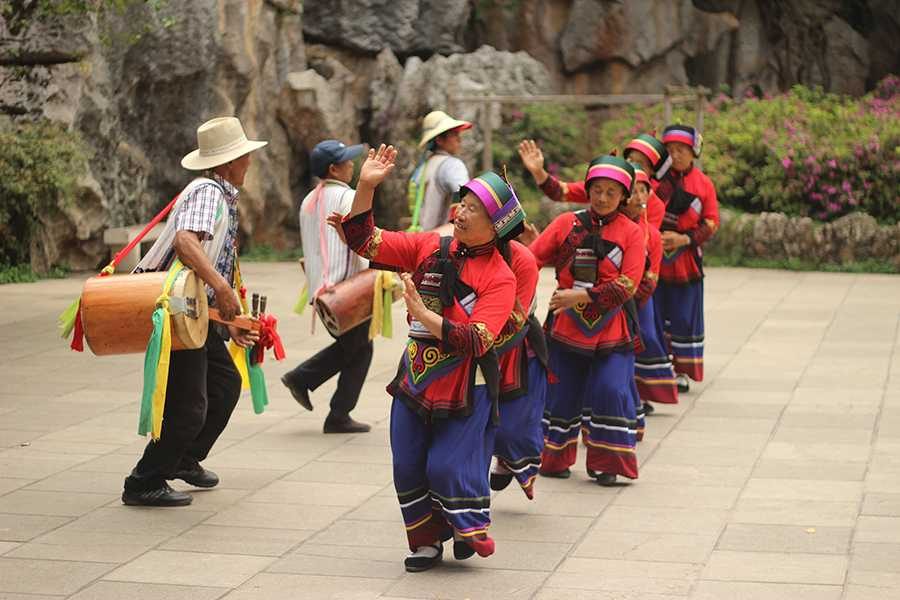Everyday Chinese
February 26, 2015
Roughly 2,200 classroom hours, or nearly 1.7 years, are required for the average non-native speaker to learn Mandarin Chinese fluently. But that should not stop you from getting on the next plane leaving for Pudong International Airport. Here are a few essential words and phrases any lǎowài can pick up that will prepare them for a trip to mainland China.
打包
Dǎbāo
Food to go
The term to use when ordering food as take out.
发票
Fāpiào
Payment receipt
Ask the taxi driver for a fapiao right after you pay.
我要买…
Wǒ yāo mǎi…
I want to buy…
The universal question to initiate a purchase with something with a price tag.
多少钱
Duōshǎo qián
How much money?
To show interest in buying something without a marked price.
太贵了
Tài guì le
Too expensive
The best way to start a bargaining negotiation.
可以便宜一点儿
Kěyǐ piányí yīdiǎn ér
Can it be a little cheaper?
The first suggested price should never be the final price you pay.
我不吃肉
Wǒ bù chī ròu
I do not eat meat
For those trying to avoid the vast amount of pork and chicken dishes China has to offer.
不好意思
Bù hǎoyìsi
Excuse me
A soft expression to use if you did something incorrectly or bumped into someone.
… 在哪里
… Zài nǎlǐ
Where is … ?
A common phrase to use if you’re lost.
对 // 不对
Duì // Bù duì
Correct // Wrong
The closest phrase to saying “yes” and “no”.
我是纽约大学的学生
Wǒ shì niǔyuē dàxué de xuéshēng
I am an NYU student
How to show your school pride halfway across the world.

